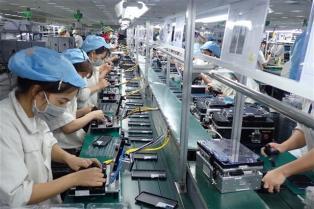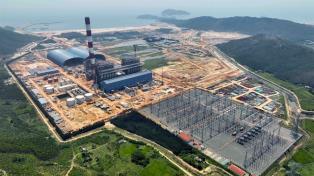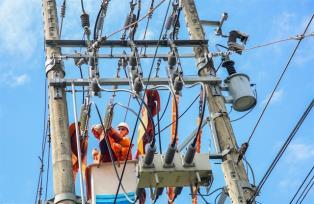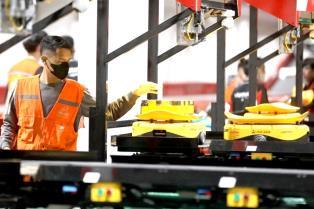New PPP framework offers strong incentives for science, technology and innovation projects
On July 1, the Government issued Decree 180/2025/NĐ-CP, setting out rules and policies for public-private partnerships (PPPs) in science, technology, innovation and digital transformation.
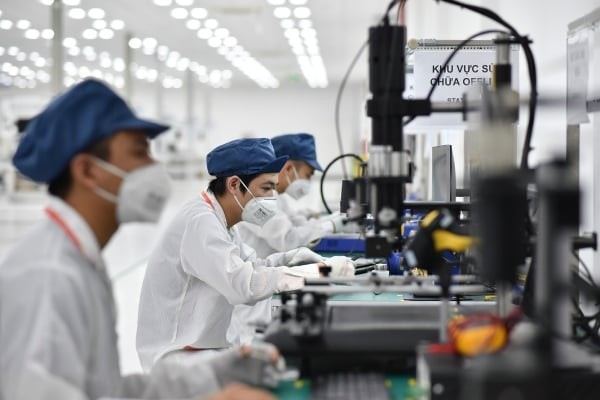
HÀ NỘI — In a move to encourage stronger private sector engagement in scientific research and technological development, the Government has issued a legal framework and special incentives designed to attract investment into science, innovation and digital transformation.
On July 1, the Government issued Decree 180/2025/NĐ-CP, setting out rules and policies for public-private partnerships (PPPs) in science, technology, innovation and digital transformation. It explains how partners can work together and which areas are covered, such as technology, digital infrastructure and workforce training.
The decree outlines different ways to cooperate, such as PPP partnerships, using public assets for joint ventures, and other legal forms. PPPs can be used in areas like high technology, key technologies, digital infrastructure, shared digital platforms, digital skills training, and services for digital transformation.
According to the decree, enterprises participating in PPP projects will enjoy a range of prominent incentives. Notably, actual expenditure on research and development (R&D) will be calculated at double (200 per cent) when determining deductible expenses for corporate income tax purposes.
In addition, enterprises will benefit from exemptions or reductions in land use fees and land rents and other investment incentives in line with current legislation. Regarding ownership rights, participating parties will be recognised as owners of products, technological platforms, data and software in accordance with their agreements and subject to intellectual property and technology laws.
The decree also introduces a risk acceptance process for scientific and technological work, with clear rules for assessing risks and protecting those carrying out the work, based on relevant specialised regulations. The State can also place orders or directly award contracts to buy scientific and technological products and services from PPP projects to meet special public needs.
For original data directly created by State agencies, ownership will rest with the State unless otherwise agreed. Post-tax profits from commercial exploitation of products and services must be shared transparently, fairly and in proportion to each party’s contributions.
Importantly, the decree allows the proportion of State capital in PPP projects to reach up to 70 per cent of the total investment, supporting construction and site clearance compensation. Additionally, the State may fund part or all of the technology R&D costs independently of the contributed capital ratio.
In the first three years, if actual revenue is lower than planned in the financial plan, the State will cover 100 per cent of the difference. If, even after this help, the revenue is still less than 50 per cent of the planned amount, the PPP contract can be ended early. In that case, project assets will return to the State, and scientific and technological products will be handled as agreed in the contract. — VNS


